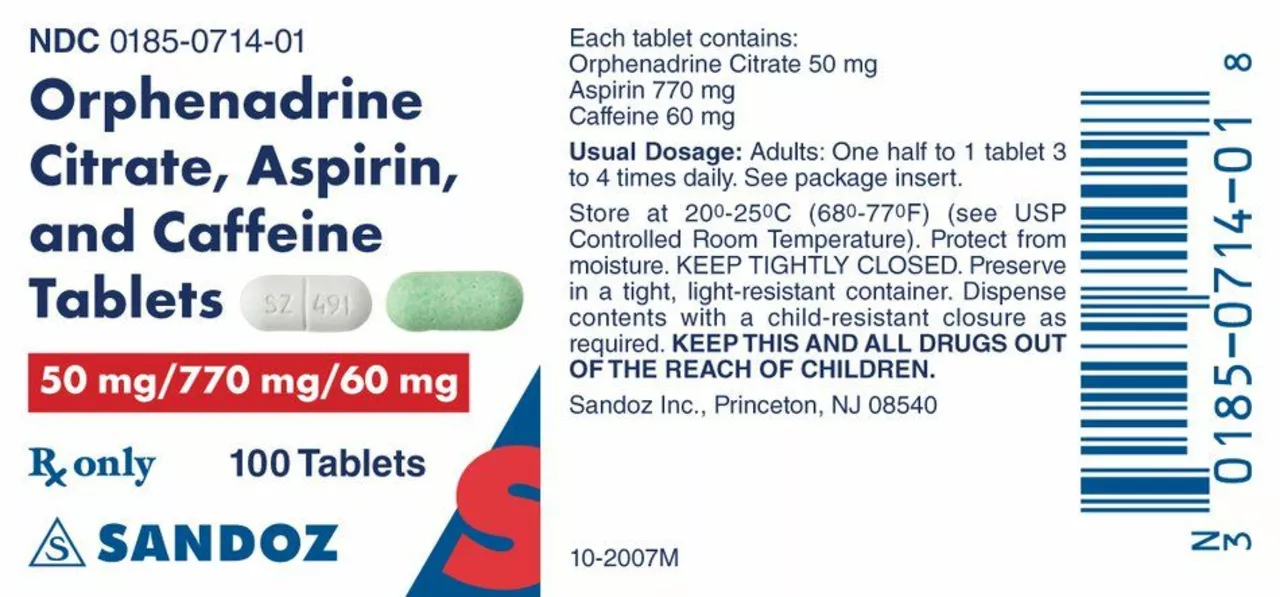Acetaminophen: What You Need to Know About This Common Medicine
If you’ve ever grabbed a pain pill or fever reducer, there’s a good chance it contained acetaminophen. This drug is one of the most popular over-the-counter remedies for headaches, muscle aches, colds, and fevers. Despite its wide use, many people don’t realize how to use it properly or what risks it carries. Let’s clear the fog around this common medication so you can use it safely and effectively.
Acetaminophen works by blocking chemicals in the brain that cause pain and fever. Unlike some painkillers, it doesn’t reduce inflammation, so it’s not the best choice if you’re dealing with swelling or injury, but it’s great for general aches and fever relief. You’ll find it in products like Tylenol and numerous cold or flu remedies.
How to Use Acetaminophen Safely
The biggest question: how much is too much? The maximum daily dose for most adults is 3,000 to 4,000 milligrams, but it’s smart to stay on the lower side. Taking more than this can lead to serious liver damage, even if you don’t feel sick right away. That’s why you should always check labels—acetaminophen hides in many combination medicines, so it’s easy to accidentally take too much.
If you have liver problems, drink alcohol frequently, or take other medications, talk with your doctor before using acetaminophen. Also, avoid mixing it with other drugs containing acetaminophen to prevent overdose risks. Kids need different doses based on their weight, so pediatric formulations are a must. Never guess or split adult pills for children.
What You Should Watch Out For
Side effects from acetaminophen are rare at the right dose, but allergic reactions can happen—look for rash, itching, or swelling. More seriously, if you notice yellowing of the skin or eyes, dark urine, or persistent nausea, seek medical help immediately, as these are signs of liver trouble.
One common trap is taking acetaminophen when you shouldn’t, like right after heavy drinking or while on some prescription meds. The best move? Always read your medication’s fact sheet and ask a pharmacist if unsure. Using acetaminophen as a go-to for every ache might seem harmless, but overuse adds up fast.
In summary, acetaminophen is a handy drug when used smartly—great for knocking down fever and easing pain without the stomach risks of some alternatives. Just remember to keep an eye on your total daily intake and combine it responsibly with other treatments. Armed with this knowledge, you’re better set to manage those everyday aches safely.



